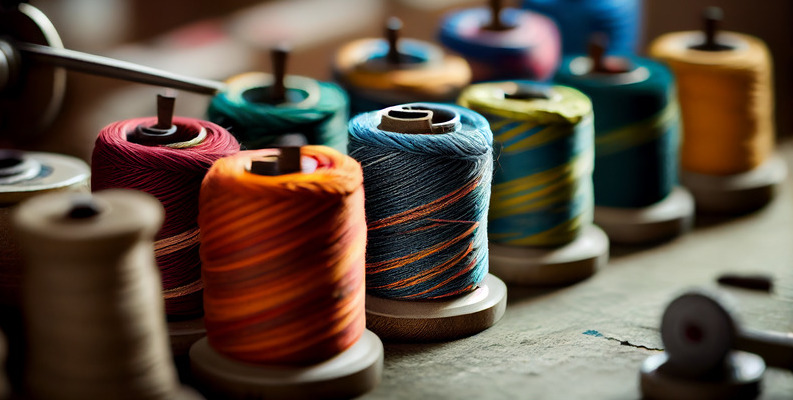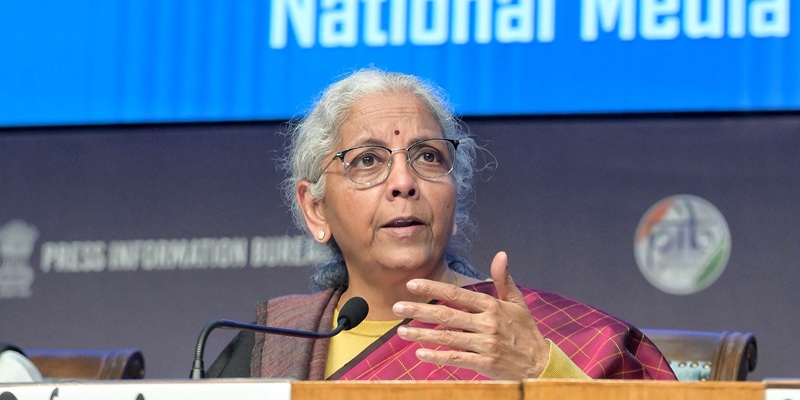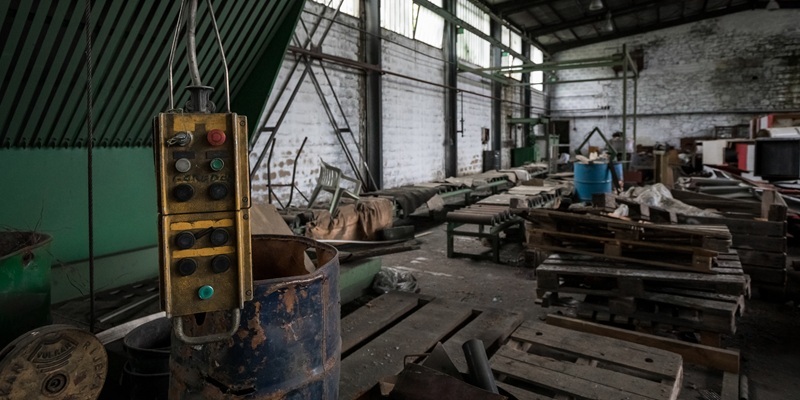Schedule a Call Back
Textile-leather industry hopes for revised inverted duty structure in new Budget
 Industry News
Industry News- Jul 08,24

An inverted duty structure arises when the import duty on finished products is lower than that on raw materials. The commerce and industry ministry has submitted proposals to the finance ministry for consideration in the upcoming budget, according to sources. Industry stakeholders are hopeful that these proposals will address customs duty concerns on leather and textiles and continue duty exemptions on items such as solar panels and lithium-ion cells. "It is anticipated that the government will address instances of the inverted duty structure in the budget. Several items in the engineering, leather, and textile industries are currently affected by this issue," said Kartik Solanki, Partner, BDO India, in a statement to the source.
An inverted duty structure discourages domestic manufacturing by imposing higher import duties on raw materials and intermediate goods compared to finished products. This is particularly challenging for manufacturers reliant on imported raw materials. The government has been advocating for sourcing inputs domestically to reduce reliance on imports. "Reforms for the inverted duty structure are expected in the upcoming budget, especially in response to demands from the textile industry," noted SR Patnaik, Partner, Cyril Amarchand Mangaldas, in an interview with the source.
Products whose customs duty exemptions expired on March 31 include solar tempered glass for manufacturing solar cells, gold ores and concentrates for the jewellery trade, and lithium-ion cells for electric vehicle batteries. Exemptions for these products have been extended until September 30, 2024. If not further extended, customs duties will be reinstated from October 1.
"The government may extend exemptions on a case-by-case basis. Without domestic production of lithium-ion batteries for mobile phones and EVs, customs duty exemptions might continue for these items. Failure to extend these exemptions could increase manufacturing costs and ultimately affect consumers," said Sanjay Chhabria, Director, Nexdigm, to the source.
The government may consider a phased withdrawal of exemptions to allow industries time to adapt. "If exemptions are not extended, domestic manufacturers could struggle to compete with imported goods. Sectors reliant on key inputs might face disruptions if procurement costs rise," Patnaik added.
In such scenarios, profit margins for affected companies could decrease, leading to financial strain, and consumers might face price increases for goods impacted by the expiry of exemptions, warned Rajat Mohan, Executive Director, Moore Singhi.
(Source: Moneycontrol)
Related Stories

Defence budget hits record high with push for modernisation, self-reliance
Record defence allocation boosts modernisation, domestic industry, veterans’ healthcare and R&D in India’s Budget 2026–27.
Read more
Budget 2026 sharpens focus on manufacturing scale-up across strategic sectors
Union Budget 2026–27 advances manufacturing-led growth with sectoral schemes, higher outlays and supply-chain reforms.
Read more
Budget 2026–27 targets MSMEs with Rs 100 billion boost and TReDS push
Budget rolls out a Rs 100 billion MSME fund and TReDS reforms to improve equity, liquidity and compliance.
Read more















